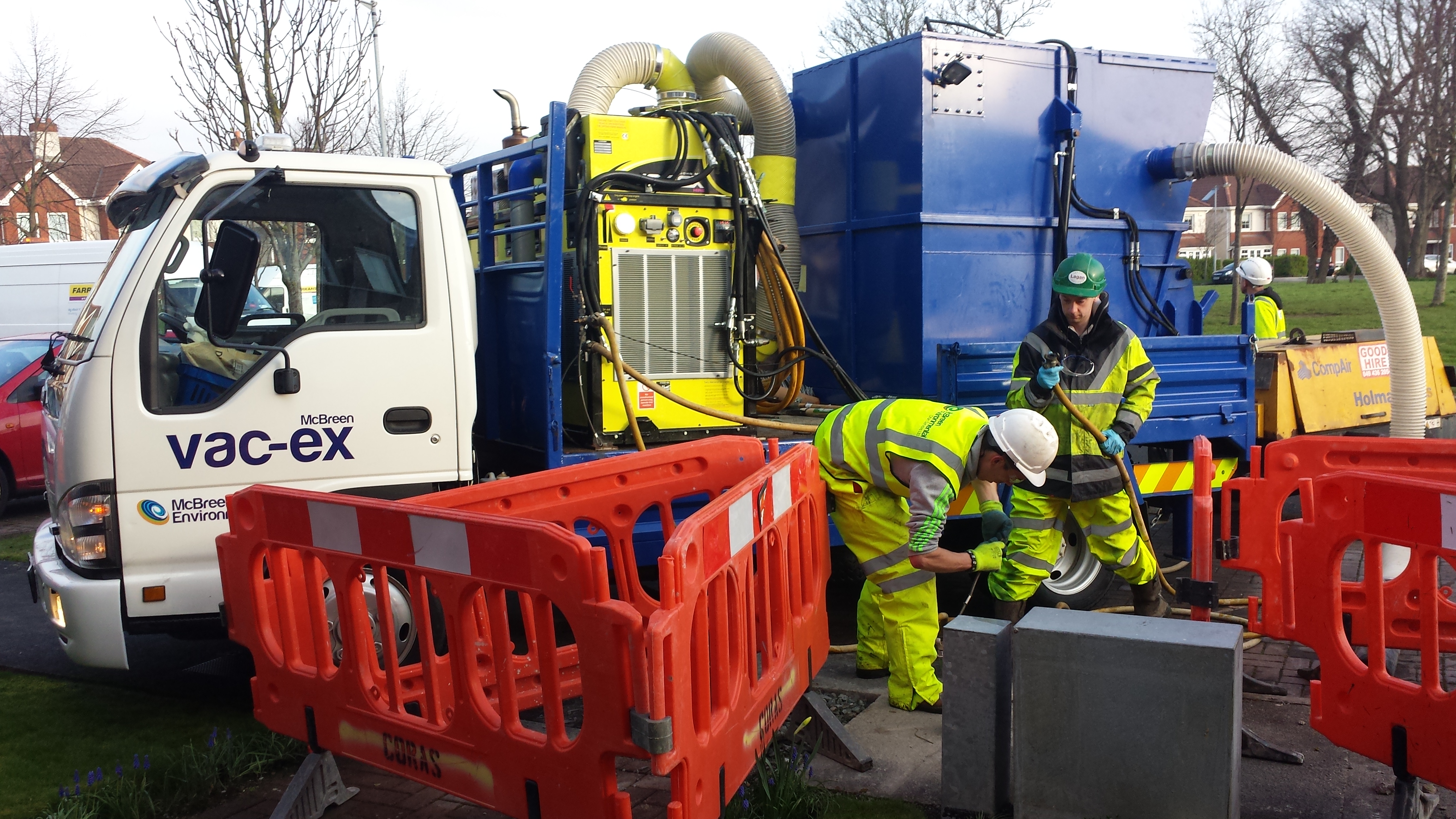
Before I go through the misconceptions that my opponent seems to be under, I would firstly argue that for much of the campaign I did not see this “appetite for challenging the hardship and injustice forced upon ordinary people”. I saw no campaigners out for the yes side, no posters, no leaflets – and they did not turn up for the traditional dining halls hustings. Liam Cowley can ask “what if” all he likes (as the anti-charges side is prone to do), but when it came down to a democratic vote, the people decided against campaigning on the issue. The referendum was the very first vote of its kind in the country and it came back in support of water charges. This is an indisputable fact.
I find it quite ironic that Cowley calls the campaign that my team and I ran “misleading” as much of our time was spent correcting students’ misconceptions about water charges and the quasi-legal information that has been spread across campus. The first issue of dispute for him is the privatisation of water. What he fails to understand is that to enshrine Irish Water in the constitution would first require a referendum. What the government has done is promised to hold a plebiscite if the issue of Irish Water being privatised ever arises. This is very unlikely to happen as the government has shown time and time again how it is willing to protect semi-state bodies.
When we talk about something as a human right, we mean something that all people deserve simply by virtue of being human. The point of our campaign was to argue that water must be paid for and that moving from indirect (general taxation) to direct payment does not infringe upon our rights. The alternative put forward is a water system funded through progressive taxation and commercial water rates. This is similar to what we had before, a system which led to 50% of our supply being lost through leaks and 20,000 houses on boil water notices. Our system is clearly not up to standard, a point that both sides agree on. We have to find money to improve our system, but placing that burden on commercial businesses will only make it more difficult for them to grow and provide employment.
The point missed by Liam Cowley when it comes to water conservation is that we simply don’t know where leaks are at present. Metres must be installed to help us identify excess water use. In one area of Dublin, properties were found be using 1m litres of water a day, over 500 times the average household usage. This can now be fixed, because we know where water is being lost. There is still an element of conservation through water charges even though they have been capped until 2019. If you use less water than your allocation, you pay less money. This is the best way to introduce water charges while giving certainty for household over the cost to their families.
Photo: coras.ie






